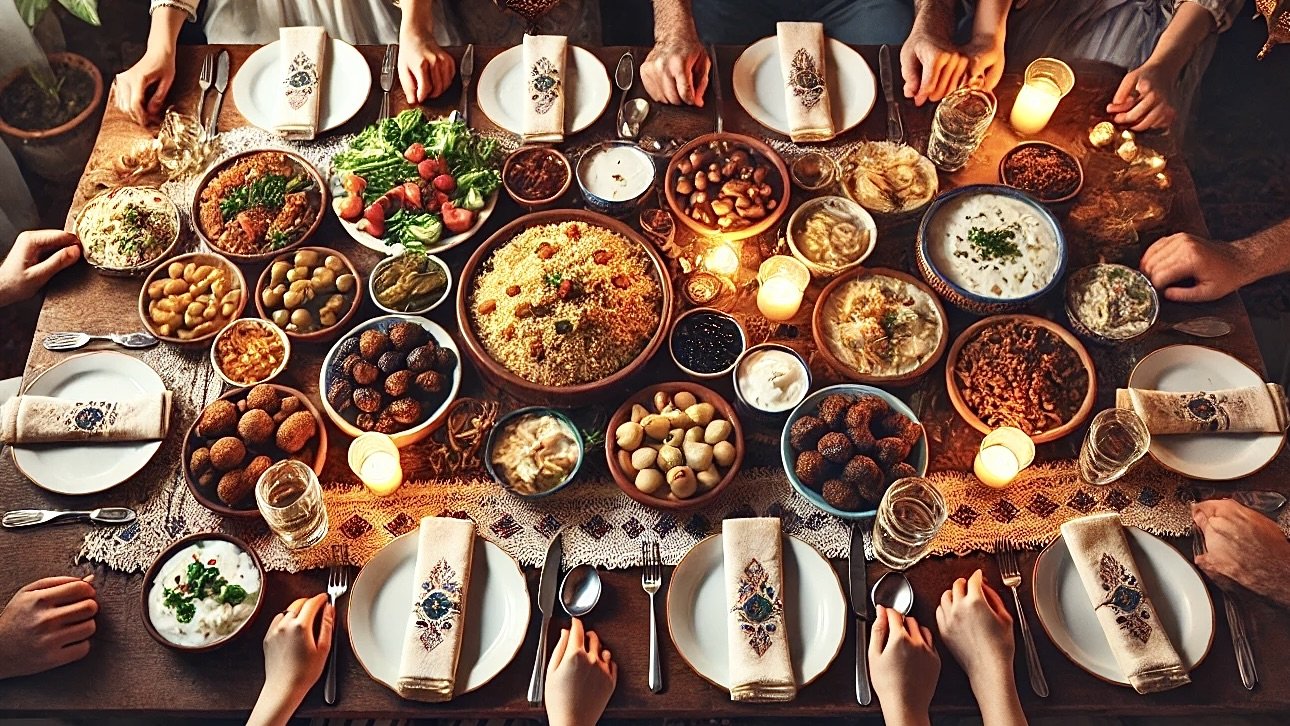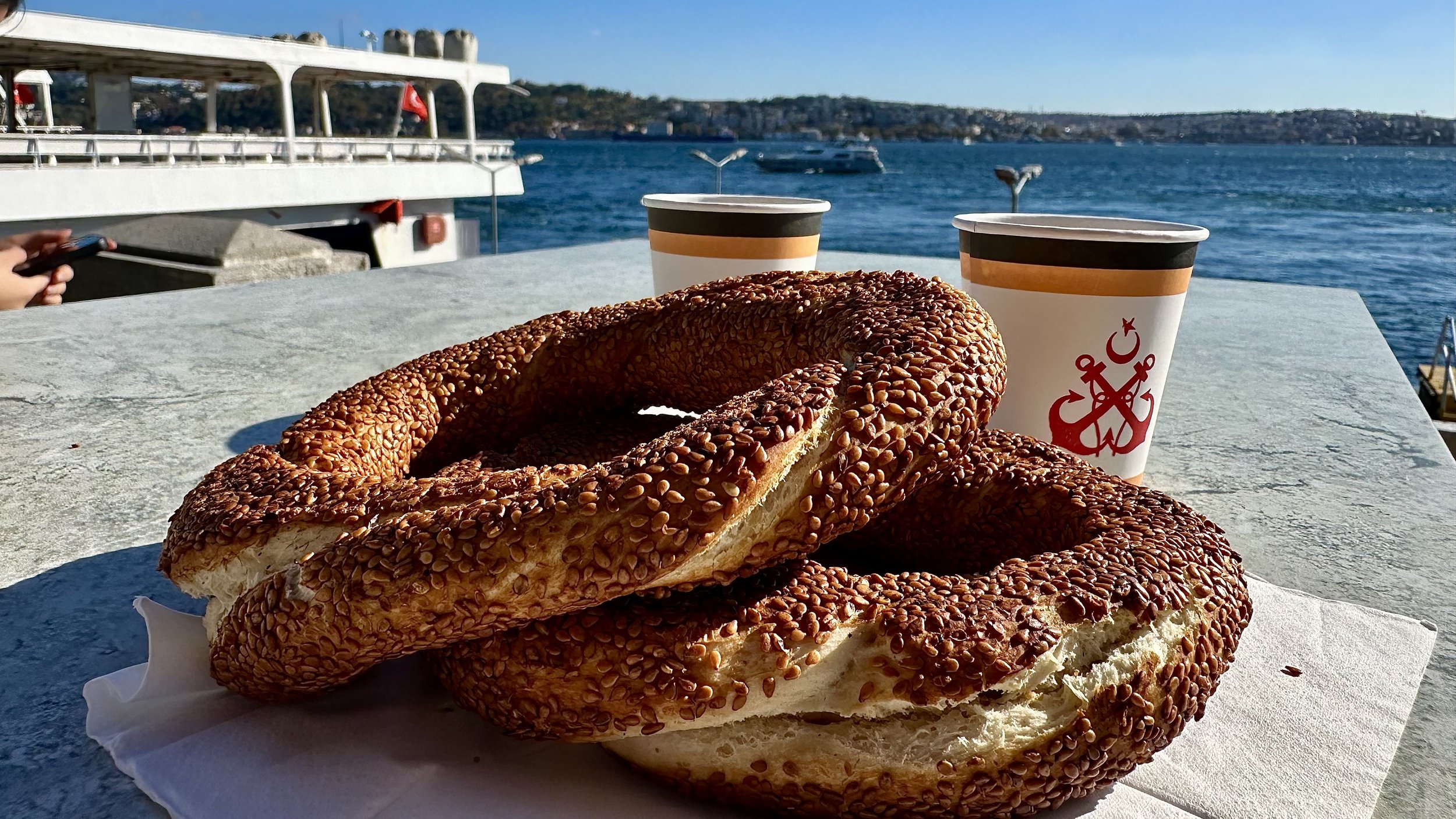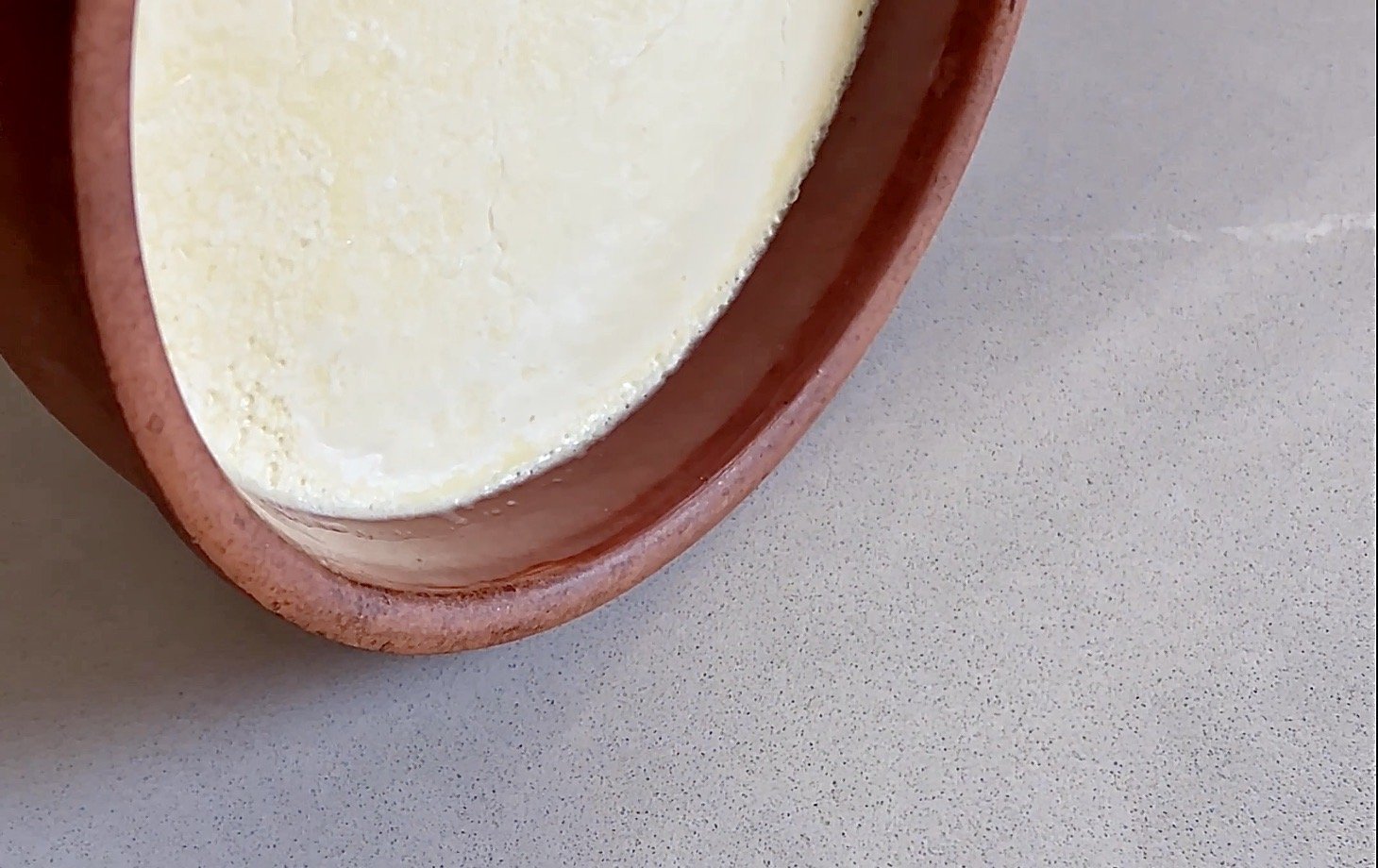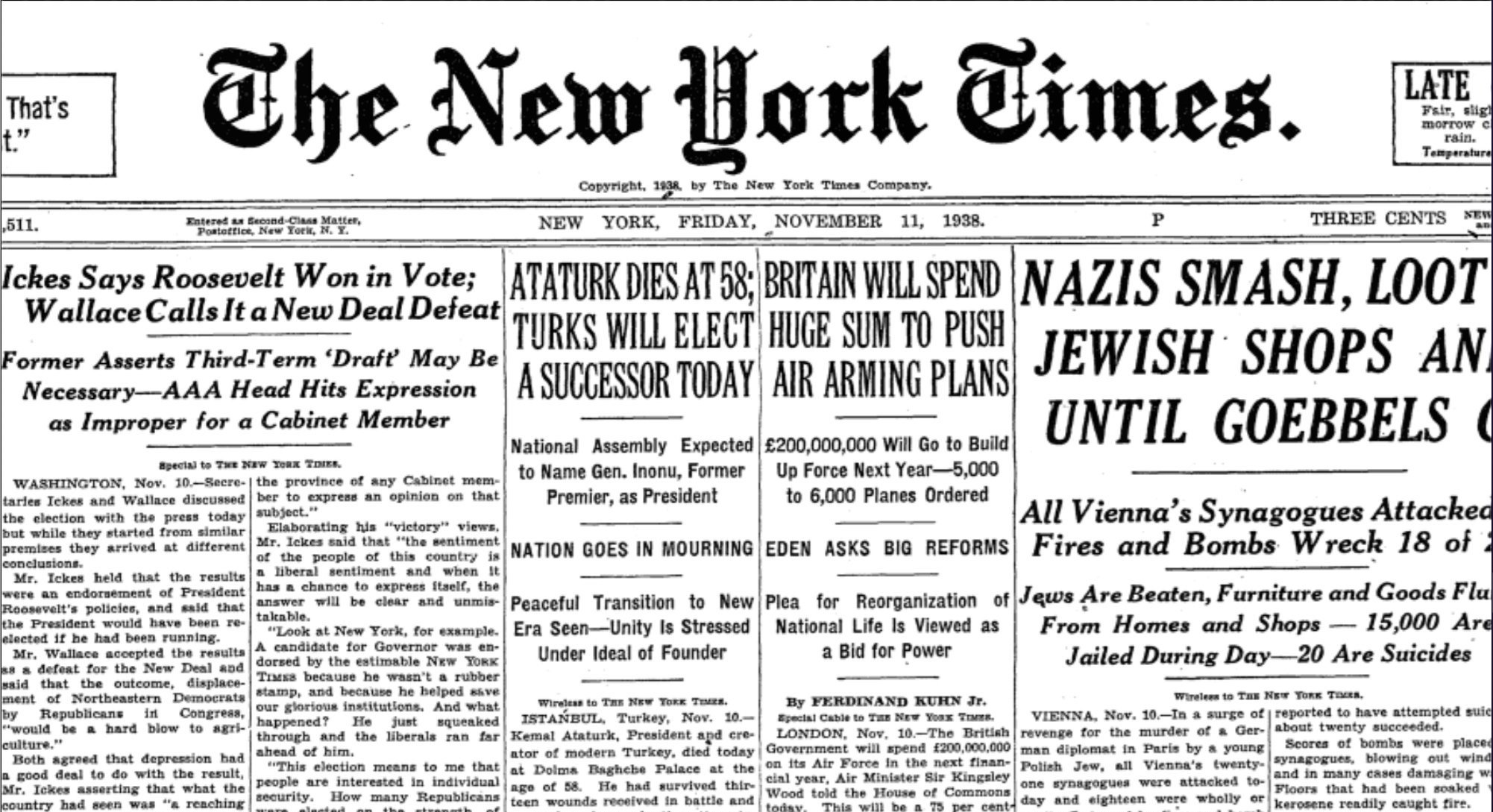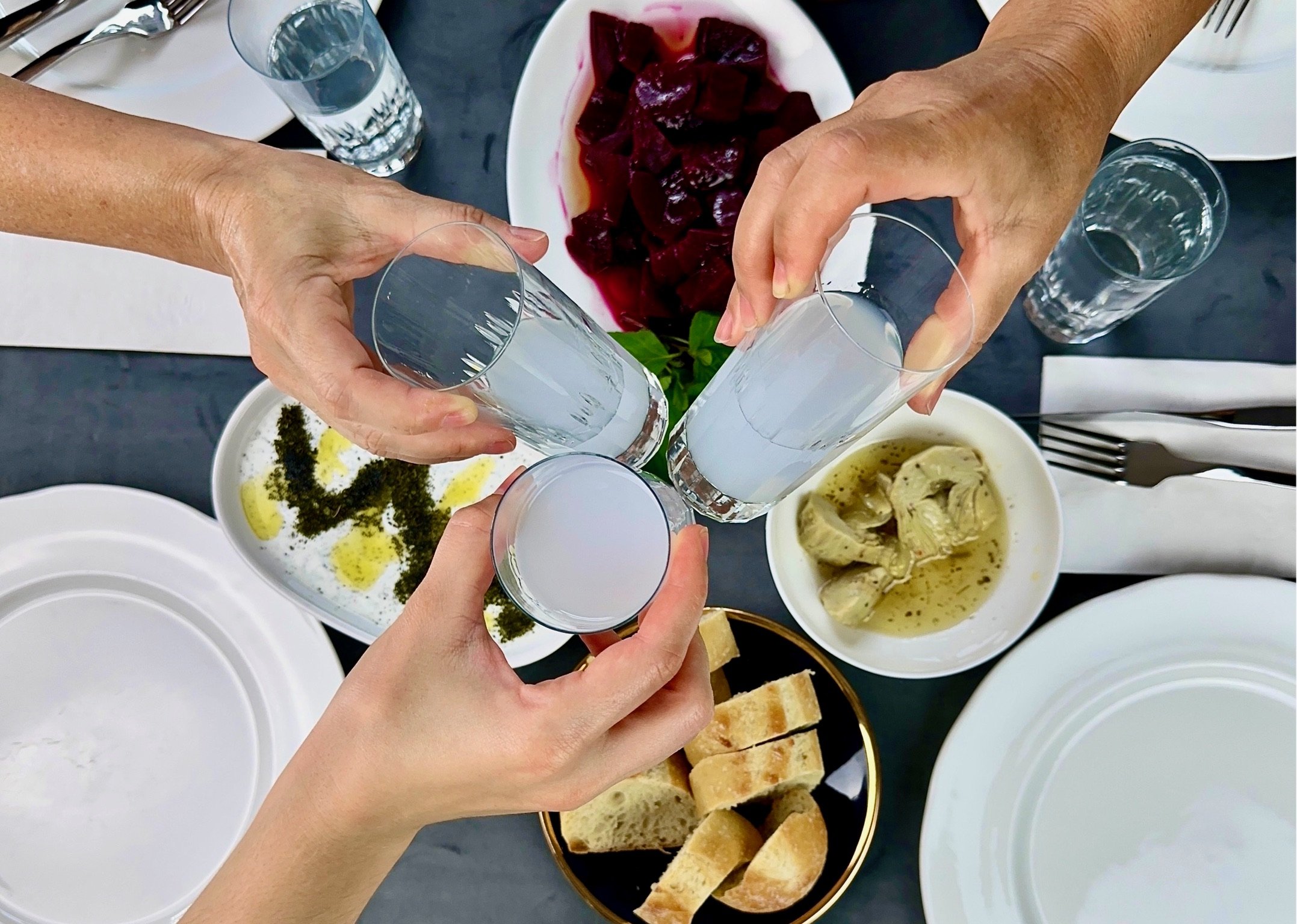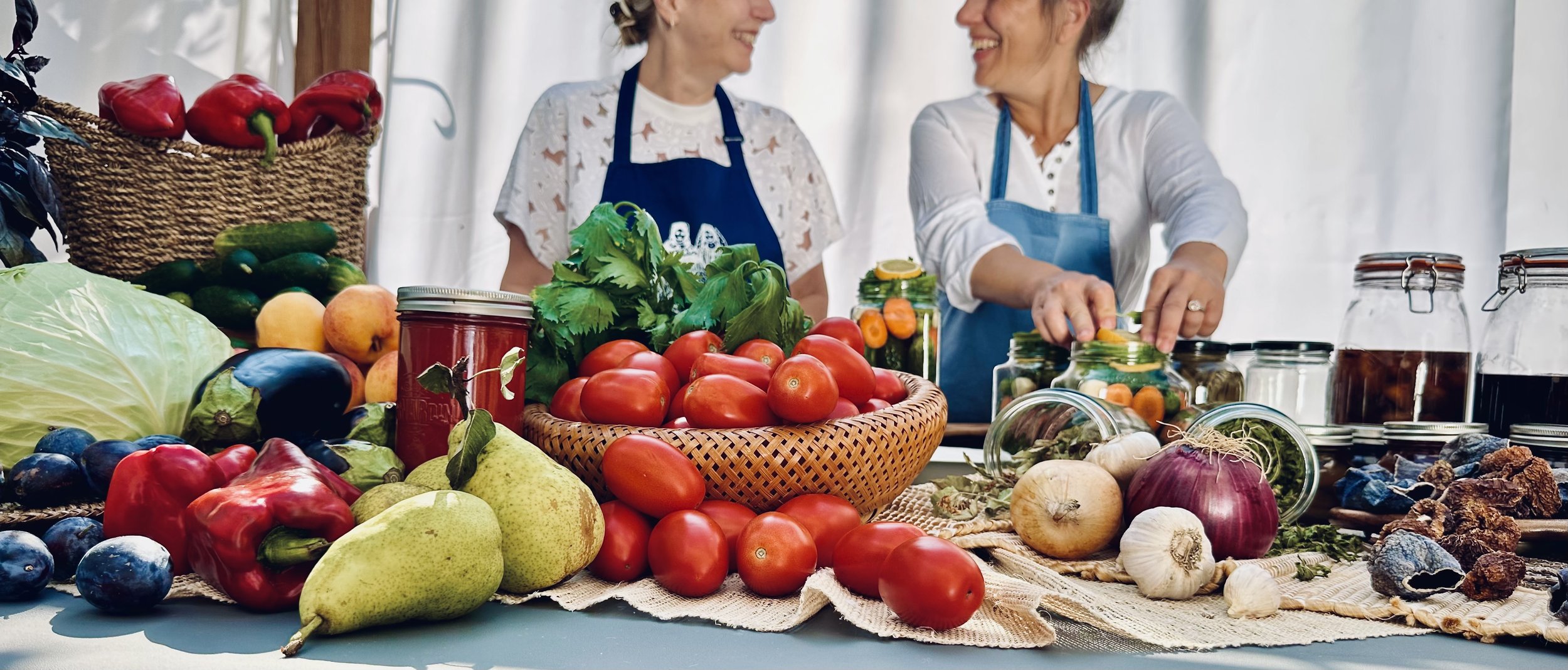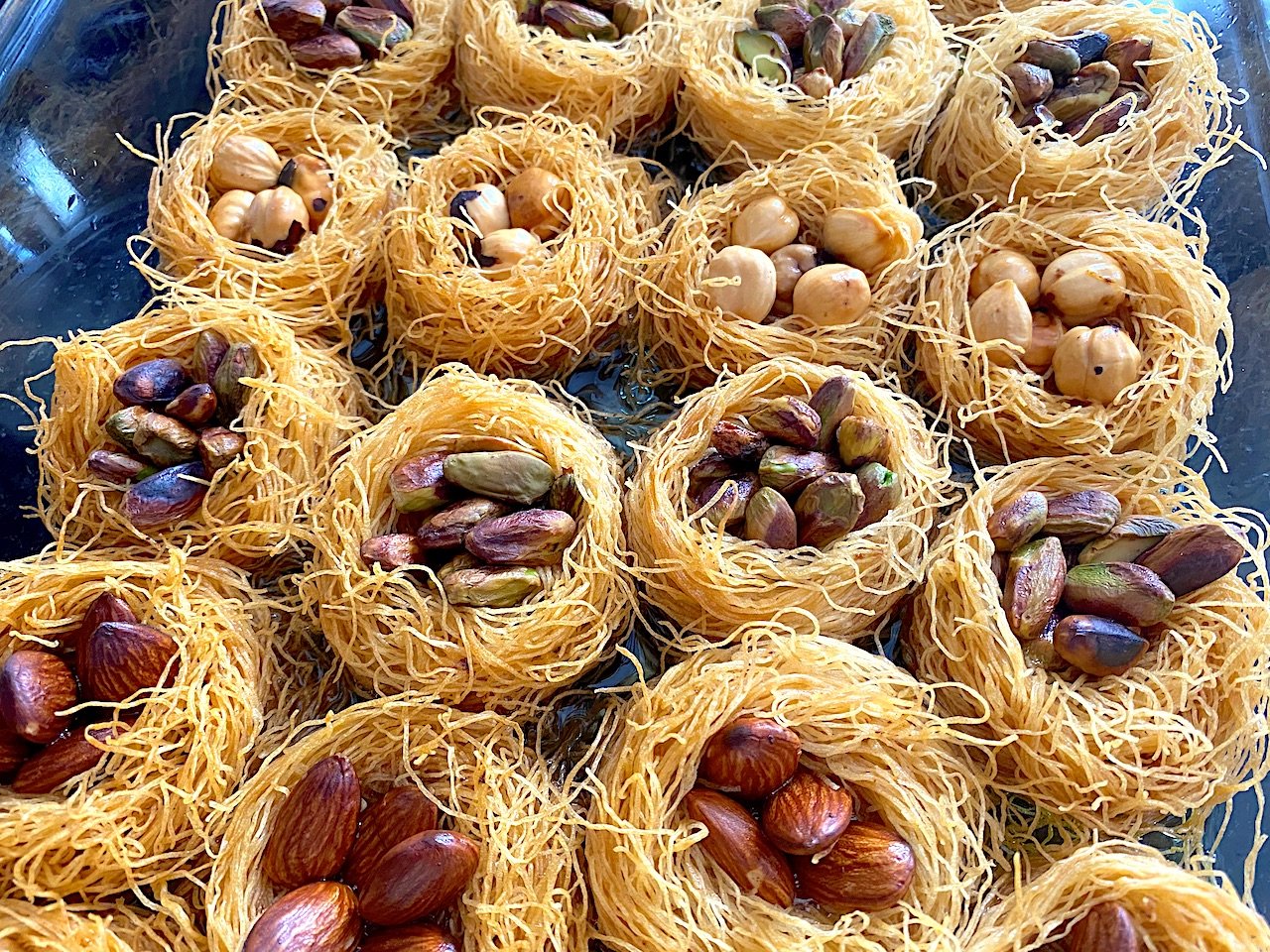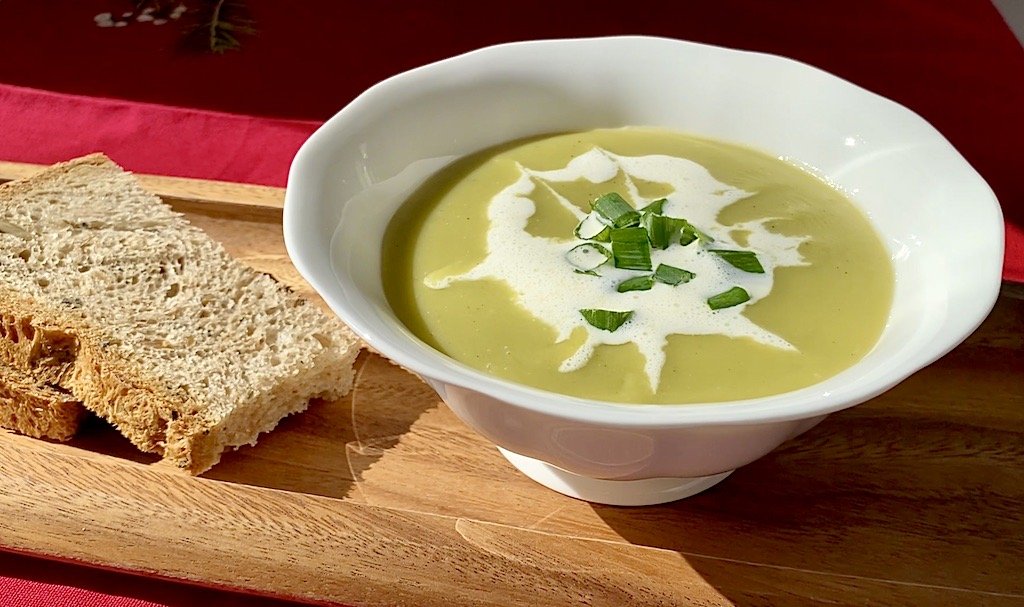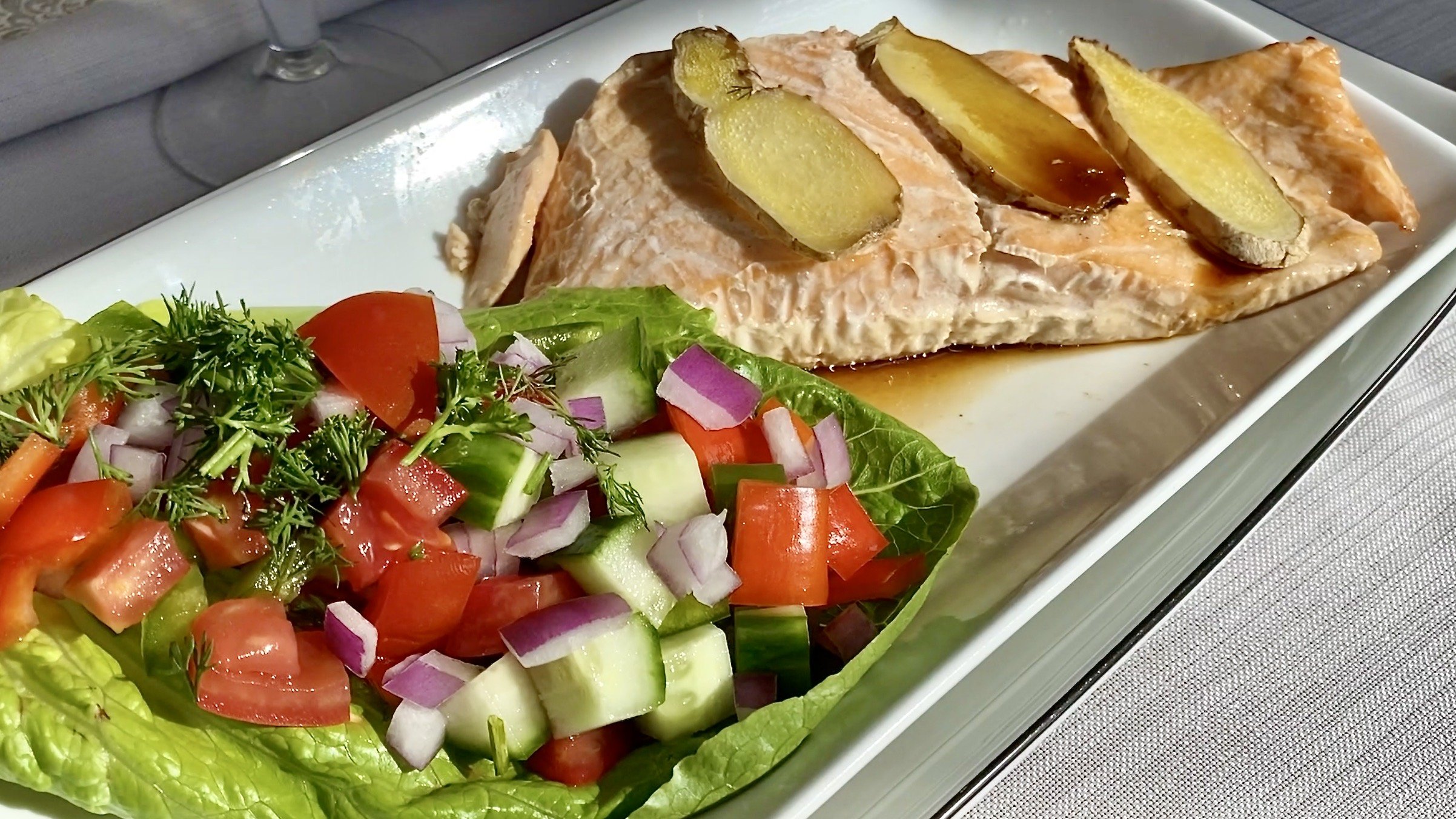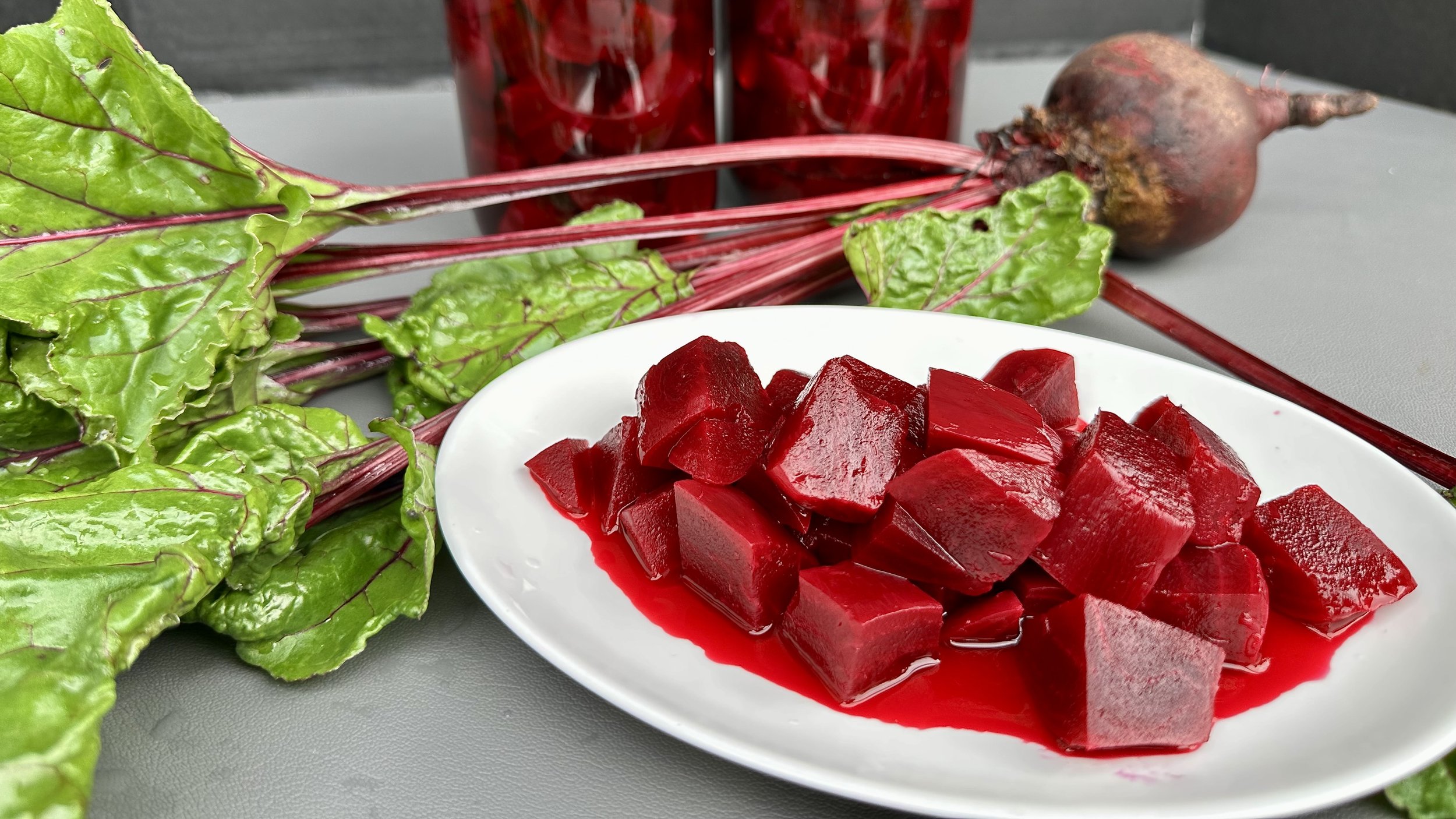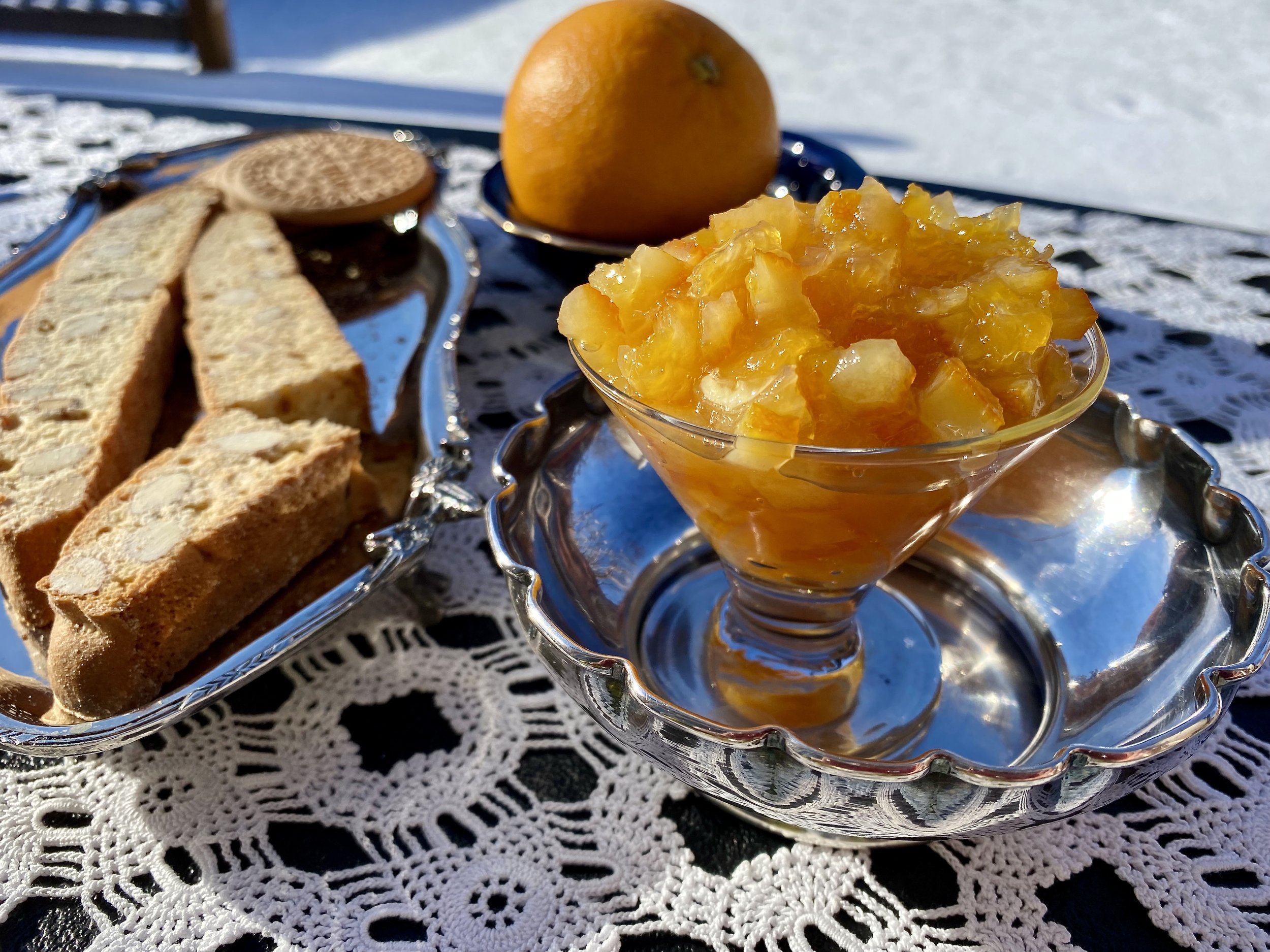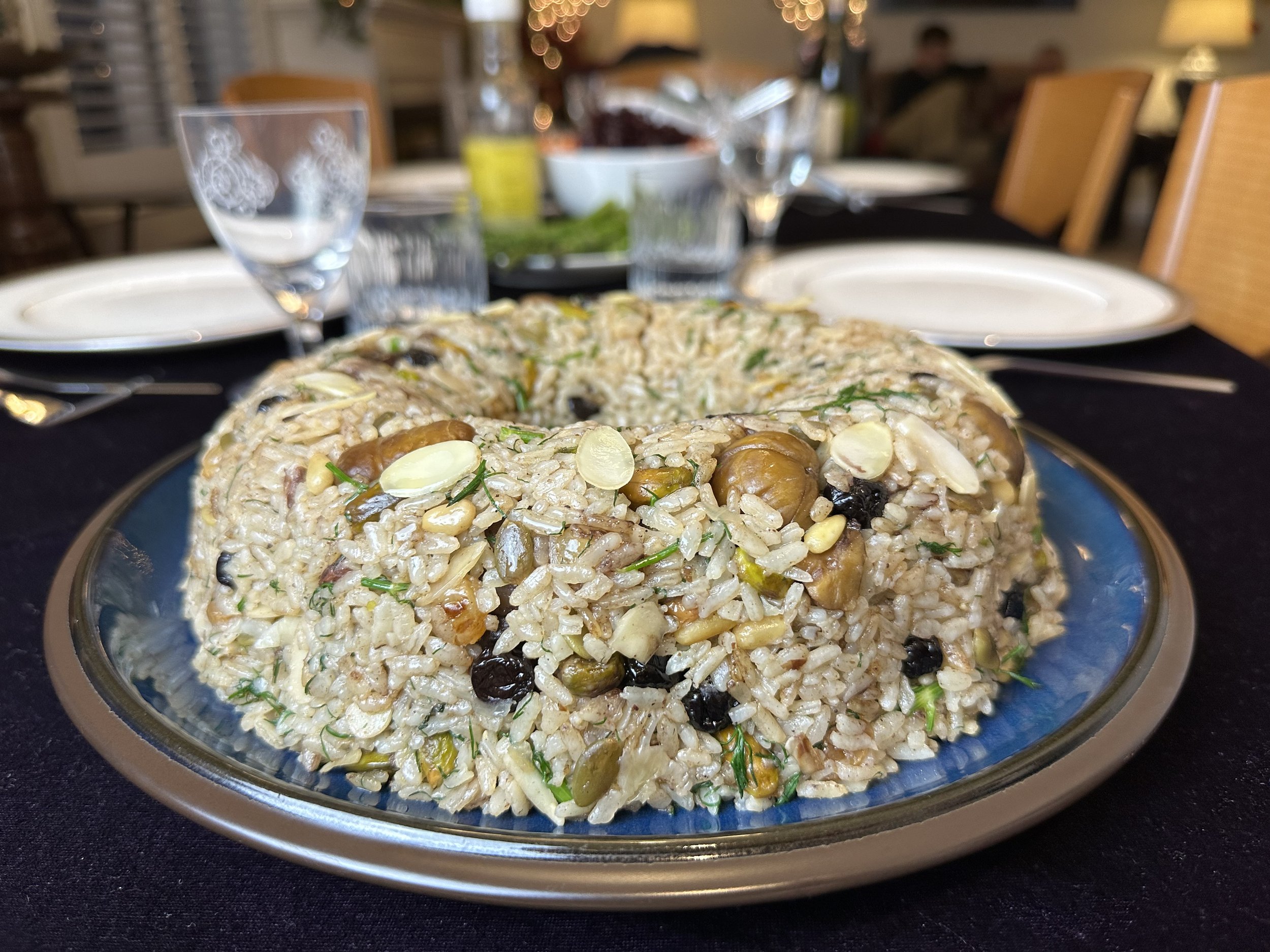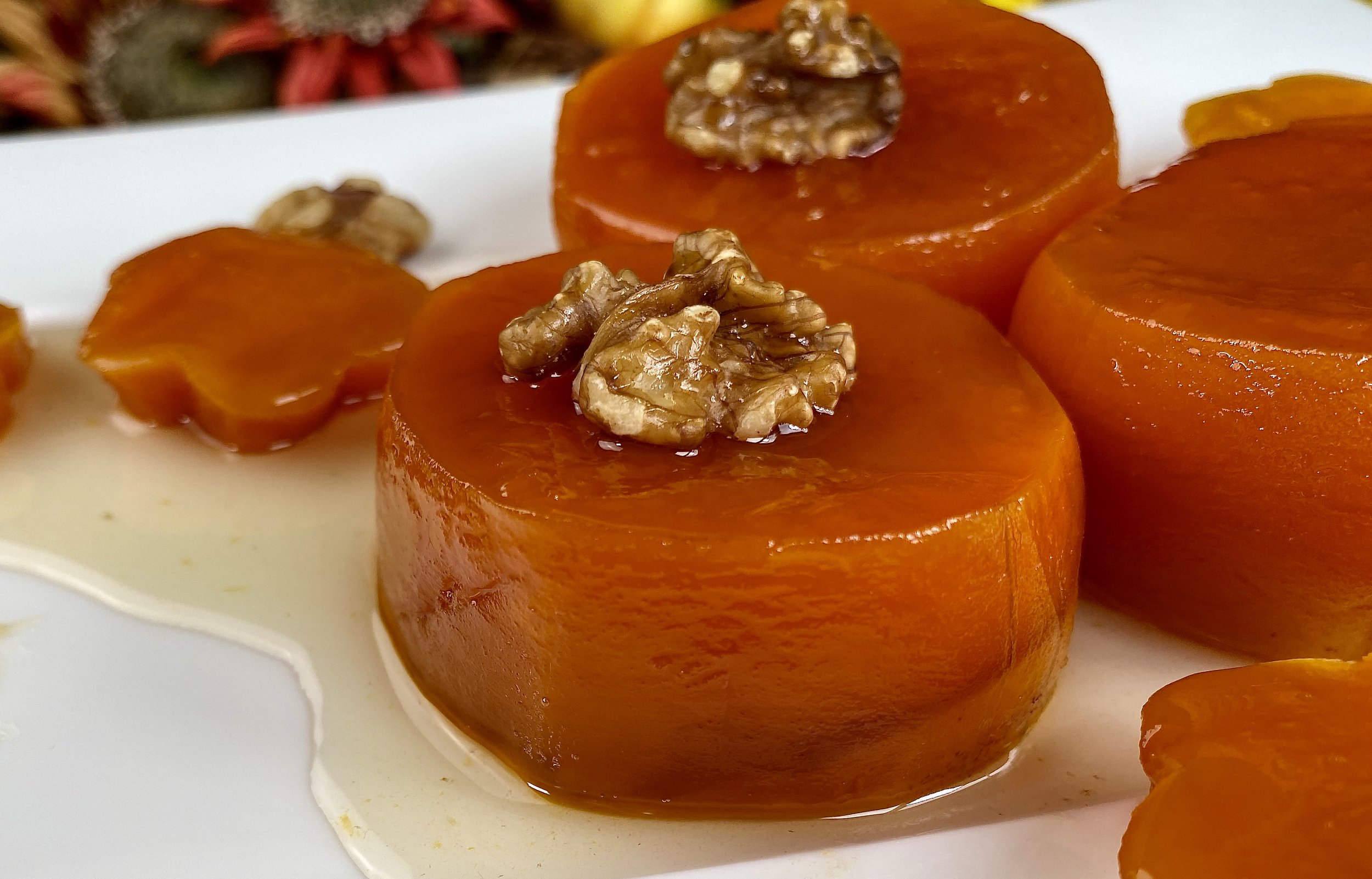Turkish Coffee: An Introduction
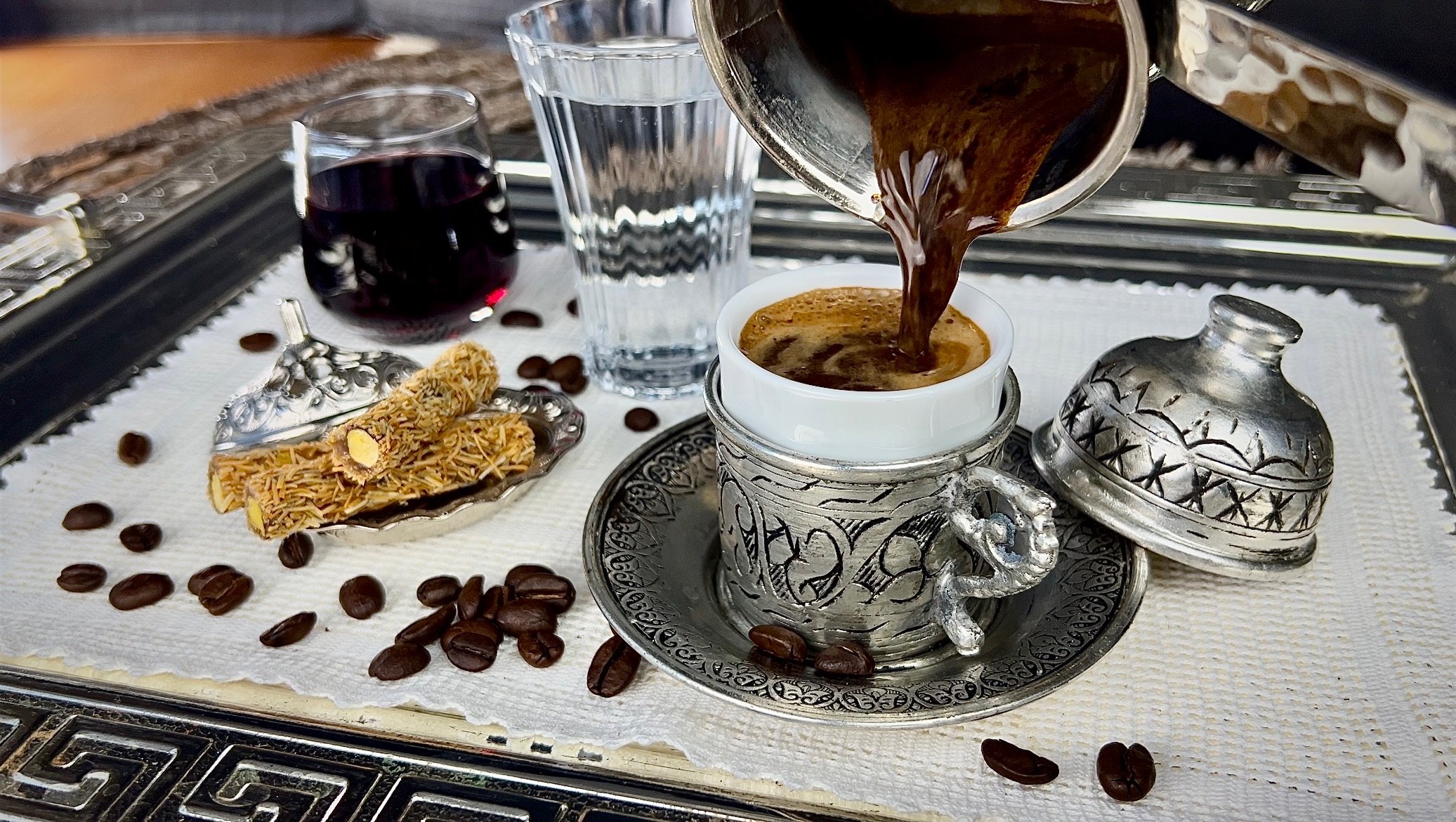
Turkish coffee, with its rich flavour and deep cultural roots, holds a unique place in our heart! Recognized by UNESCO as an intangible cultural heritage, this ancient brewing method transcends borders, offering a profound connection between people. Its role goes beyond the mere act of drinking coffee; Turkish coffee is an experience steeped in tradition, conversation, and ritual.
Brewing
The key to Turkish coffee lies in its preparation and presentation. First, finely ground coffee is stirred into cool water and brought to a boil. Unlike popular Western methods where coffee is brewed or filtered, Turkish coffee is poured unfiltered, meaning the grounds settle at the bottom of the coffee cup ( called ‘kahve fincanı’), and it’s meant to be sipped slowly, drawing out the experience and allowing for a proper conversation. Turkish coffee must have a thick, velvety foam on top, a sign of proper preparation. Pouring it slowly into small coffee cups ensures that the foam remains intact, as it’s a crucial element. As the grounds rest, the drinker enjoys their coffee over time, making it a ritual that lingers long after the cup is set down.
Kahve Falı

Coffee grounds for fortune-telling. After the cup is flipped upside down, it is left to cool so the grounds can form all kinds of shapes as they flow down to the saucer. Some people adhere to the meanings of specific shapes, while others prefer to interpret the grounds based on their feelings in that moment.
The tradition of kahve falı (‘kah-veh’ ‘fa-leuh’), or fortune-telling, is another charming aspect of Turkish coffee culture. Once the liquid is finished, the saucer is placed (facing down) over the cup, the cup is swirled gently, and then flipped upside down to let the grounds settle into patterns. These shapes are then "read" by someone skilled in the art of tasseography (fortune-telling with coffee grounds or tea leaves). It’s a storytelling practice that blends empathy, intuition, and imagination. In every circle, there’s always someone trusted to give the best readings, though anyone can try. Some people believe in these fortunes deeply, while others practice it as light entertainment. There's even a Turkish saying: “Fala inanma, ama falsiz da kalma”—"Don’t believe in fortunes, but don’t go without one." It reflects how fortune-telling is a casual and fun way to gain perspective and reflect on life’s circumstances.
That being said, fortune-telling for monetary benefit is illegal in Turkey, under the “unfair competition” law. This is to prevent false advertisement of the readers’ ‘psychic’ abilities, and to prevent exploitation of consumers.
Social Roles of Coffee
While it is very common to ask to have coffee with your friend or neighbour anytime you want to sit down for a chat, one particular event where coffee takes centre stage is during engagement rituals. When the groom’s family visits the bride’s family to ask for her hand, the bride is traditionally expected to make Turkish coffee for the guests. Although some see this event as an opportunity to test the bride’s skills and patience, the ceremony really meant to demonstrate both parties’ adherence to traditional customs of polite conversation. Keep in mind, this is often the first or second time the couple’s family meets, thus, it is important to see how well everyone can get along under the best circumstances, before going forward. The act of making and serving a proper cup of coffee becomes a symbol of care, respect, and hospitality during this pivotal family meeting.
A Shared Treasure
Turkish coffee also shares a culinary history with its neighbours in Greece, the Balkans, and the Middle East. With centuries of intertwined history, it's no surprise that many foods and drinks are shared across these regions. Though each culture adds its own flair—be it the spice blends or the preparation rituals—the essence remains the same. Dishes like meze, baklava, yogurt, and stuffed vine leaves have travelled across borders, with each region embracing and adapting them in their own way.
Conclusion
Although this is but a shallow introduction to the cultural and practical nuances of Turkish coffee, we wanted to give you an idea of how this cross-cultural drink is a gateway to history, hospitality, and connection in Turkish culture. Whether served to guests or paired with a casual conversation, the experience of Turkish coffee reflects a way of life that cherishes the slow passage of time, tradition, and social bonds.
Feeling inspired? Or nostalgic? Use the hashtag #fairiescoffee on Instagram to help us spread the word and join a community of people who love to make, drink, and talk about Turkish coffee and food, either traditionally or with creative new methods! Every story, tip, and memory shared helps us share our unique experience and passion for cuisine with a wider audience. Together, let’s introduce these rich traditions to new food lovers around the world!
Bayram was more than a holiday; it was a feeling—a time when homes filled with the scent of baklava, laughter echoed through bustling kitchens, and new shoes waited eagerly…
As the sun dips below the horizon, a distant cannon shot and the call to prayer signals the end of the fast. Istanbul’s streets come alive with the scent of freshly baked Ramazan pidesi…
From the spices of the arid southeast to the vegetarian dishes of the Mediterranean…This is the tale of how climate shapes cuisine.
The warm scent of freshly baked simit drifts through Istanbul’s winding streets, mingling with the rhythmic calls of simitçi and the hum of the city’s soul…
Fresh milk was sacred for Turkic nomads, but its true magic lay in its transformation into a variety of products that could sustain them through the harshest of climates in…
From copper kettles on street corners to cozy cafes, this orchid-root drink is a symbol of wintertime in the city, where...
Istanbul, where East and West collide. The ancient metropolis awakens to New Year's...
How can a simple, cozy winter drink spark tales of spiked cauldrons and debates over faith? One sip of this fermented delight…
From the sesame-crusted simit carts to the fresh roasted chestnuts, the tender grilled fish sandwiches, and the fiery midye dolma of Istanbul streets, walk with me through flavours that unite a city, where...
The world mourns the loss of Mustafa Kemal Atatürk, the visionary leader who transformed…
With its deep roots in history and culture, Turkish Coffee is an irreplaceable part of Turkish social life. From brewing to fortune-telling, it is a shared...
In Turkish culture, food is central to any gathering, be it a wedding or a funeral. From Istanbul's vibrant feasts to intimate meals shared with the community, these gatherings...
Rooted in ancient customs, Chilingir Sofasi is a unique experience that combines rakı, a strong, anise-flavored spirit, with an array of delicious meze. The term "çilingir" (‘chee-leen-geer) means locksmith, and "sofrası"...
Waking up to the aroma of freshly brewed tea and homemade pastries is a beloved Turkish tradition, but afternoon tea gatherings in Turkey aren’t just about sipping tea—they foster connection, hospitality, and the joy of sharing...
A full Turkish breakfast spread wraps you in the essence of Istanbul—rich in flavor, history, and family bonds. The table is filled with colorful Turkish dishes and freshly brewed tea, a celebration passed down through generations...
Food is more than nourishment; it tells stories and sparks connections. Whether at a joyous celebration or a solemn farewell, traditional Turkish dishes convey rich emotions and history...
In the golden light of summer, when markets brim with vibrant produce, an ancient ritual unfolds in kitchens. Tradition of seasonal preservation celebrates nature’s bounty while connecting us to our ancestors...
Istanbul’s home-cooked meals, filled with seasonal vegetables, nourish both body and soul while connecting families to nature’s rhythms...
Explore ancient Turkish recipes and Istanbul's diverse food culture, passed down through generations...


